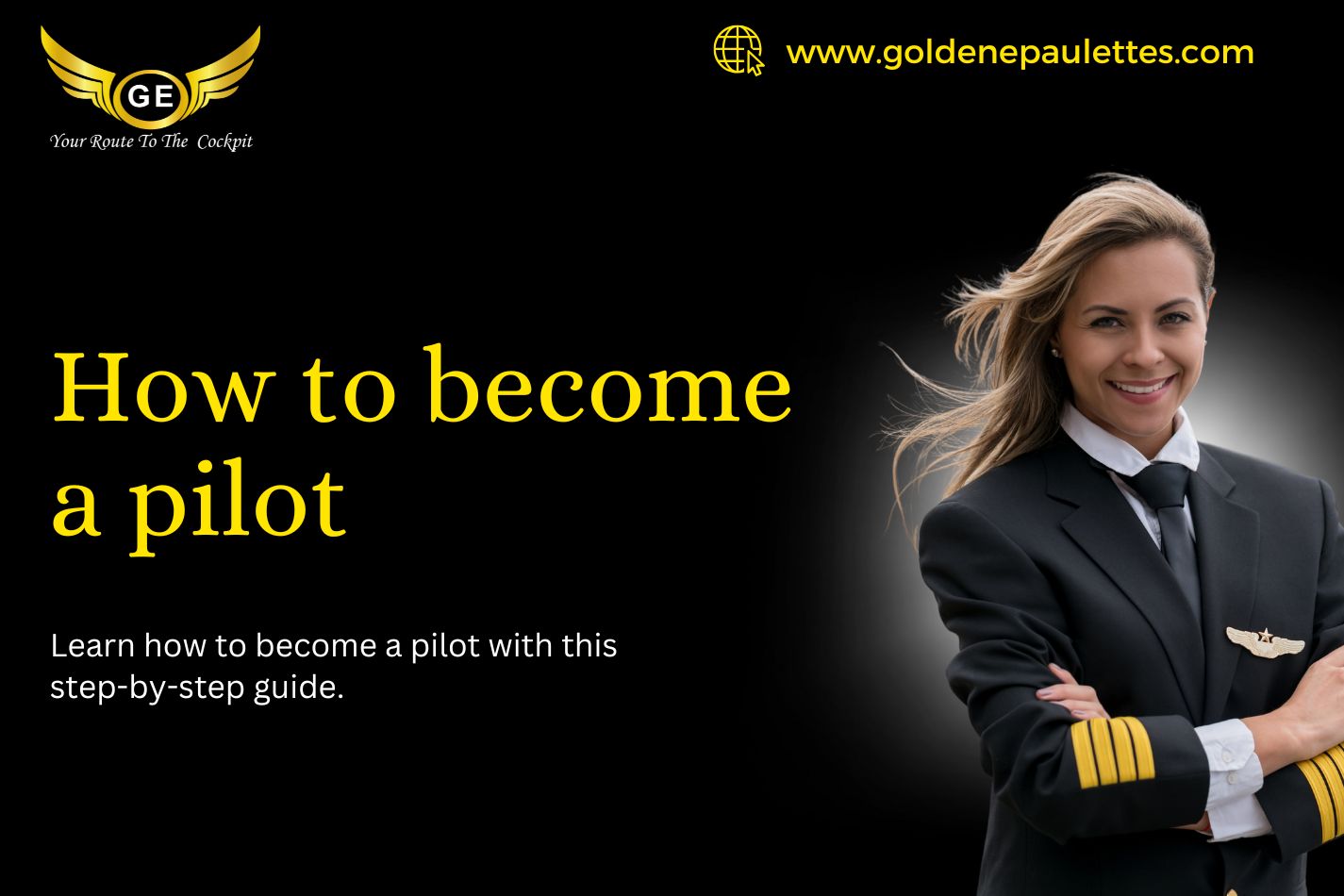How to Prepare for Flight School: A Complete Guide
Becoming a pilot is a dream for many, but the journey begins with proper preparation for flight school. Whether you want to fly for leisure or pursue a professional aviation career, knowing how to prepare for flight school is essential. If you’re searching for information on how to become a pilot, this guide will provide all the details you need to ensure a smooth start to your aviation training.
Understanding the Basics of Flight School
Before enrolling in flight school, it’s important to understand the basic requirements and expectations. Flight school involves rigorous training, covering both theoretical knowledge and practical flying skills. Students must be prepared for ground school, simulator training, and actual flight lessons.
Requirements for Flight School Admission
- Educational Qualification: Most flight schools require a high school diploma or equivalent. Some may prefer candidates with a background in mathematics and physics.
- Age Requirement: The minimum age for starting pilot training varies, but for a Private Pilot License (PPL), it is typically 17 years.
- Medical Fitness: A Class 1 or Class 2 medical certificate is required, depending on the type of pilot license you aim for.
- English Proficiency: Since aviation operates in English globally, a good command of the English language is necessary.
- Financial Preparation: Flight training can be expensive, so having a financial plan or scholarships in place is important.
Steps to Prepare for Flight School
1. Research and Choose the Right Flight School
Selecting the right flight school is the first and most crucial step in your journey of how to become a pilot. Consider the following factors when choosing a flight school:
- Accreditation: Ensure the flight school is certified by the aviation regulatory authority in your country (FAA in the U.S., DGCA in India, etc.).
- Reputation and Reviews: Read reviews and speak to alumni to get insights into the quality of training.
- Location and Weather Conditions: Training in areas with stable weather conditions ensures fewer delays in flight lessons.
- Types of Aircraft and Training Facilities: Check if the school offers modern aircraft and up-to-date simulation technology.
2. Get a Medical Certificate
Before joining flight school, you must obtain a medical certificate from an authorized aviation medical examiner. Depending on the type of pilot license you are pursuing, you will need either a Class 1 (Commercial Pilots) or Class 2 (Private Pilots) medical certificate. Ensure you meet all physical and mental fitness requirements.
3. Develop Strong Knowledge of Aviation Basics
Before starting flight school, familiarize yourself with basic aviation concepts. Reading books and online resources can help you understand:
- Principles of flight and aerodynamics
- Basic navigation and meteorology
- Air traffic control (ATC) communication
- Aircraft instruments and controls
Recommended Books:
- “Rod Machado’s Private Pilot Handbook”
- “The Pilot’s Handbook of Aeronautical Knowledge” (FAA)
4. Improve Your Mental and Physical Fitness
Being a pilot requires both mental and physical endurance. Here’s how you can prepare:
- Stay Physically Fit: Regular exercise helps maintain good health, which is essential for passing the medical exam.
- Enhance Your Concentration and Focus: Flying requires multitasking, quick decision-making, and sharp concentration. Meditation and brain-training exercises can help.
- Overcome Fear of Heights (If Any): If you have a mild fear of heights, try activities like paragliding or indoor skydiving to gradually overcome it.
5. Work on Your Communication Skills
Good communication skills are crucial for pilots, especially in radio transmissions with ATC. You should:
- Learn aviation phraseology and standard procedures.
- Practice speaking clearly and concisely over a radio or intercom system.
- Improve your English proficiency, as it is the universal language of aviation.
6. Set a Financial Plan for Your Training
Flight training can be costly, so planning your finances is essential. The cost of obtaining a Private Pilot License (PPL) ranges from ₹10-20 lakhs, while a Commercial Pilot License (CPL) can cost ₹30-50 lakhs in India.
Ways to finance your training:
- Flight School Loans – Many banks offer aviation loans.
- Scholarships and Grants – Look for aviation scholarships.
- Part-Time Jobs – Some students work part-time to fund their training.
- Sponsorships from Airlines – Some airlines offer sponsorship programs.
7. Take an Introductory Flight
Many flight schools offer an introductory or discovery flight, which is a short flight with an instructor where you get a hands-on flying experience. This helps you understand if aviation is truly the right career path for you before committing fully.
8. Understand the Training Process
Flight training consists of several stages:
- Ground School: Theoretical lessons on navigation, meteorology, air laws, and aerodynamics.
- Simulator Training: Helps students practice flying procedures in a controlled environment.
- Initial Flight Training: Hands-on flying experience with an instructor.
- Solo Flight Training: You fly alone after your instructor deems you ready.
- Cross-Country Training: Learn how to navigate between airports over long distances.
- Final Exam and Checkride: The final test where an examiner assesses your skills.
9. Get Familiar with Flight Simulators
Using flight simulators can accelerate your learning process. Software like Microsoft Flight Simulator or X-Plane can help you practice take-offs, landings, and in-flight navigation.
10. Develop Good Study Habits
Flight school requires extensive studying. Here are some tips to manage your studies effectively:
- Create a study schedule.
- Take detailed notes during lessons.
- Use flashcards for quick revision.
- Join study groups with fellow trainees.
Final Thoughts: Stay Committed to Your Dream
Becoming a pilot is challenging but rewarding. Preparing adequately for flight school increases your chances of success. By choosing the right school, improving your knowledge, and staying physically and mentally fit, you’ll be well on your way in your journey of how to become a pilot.









